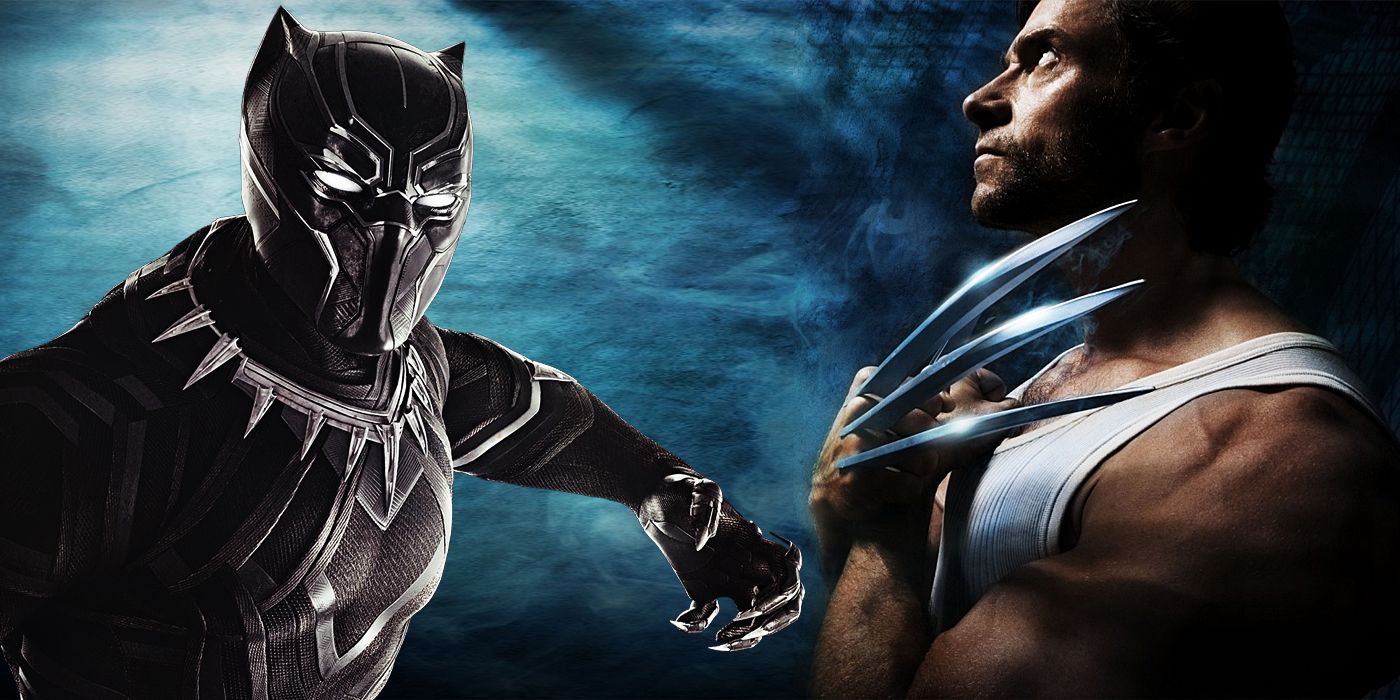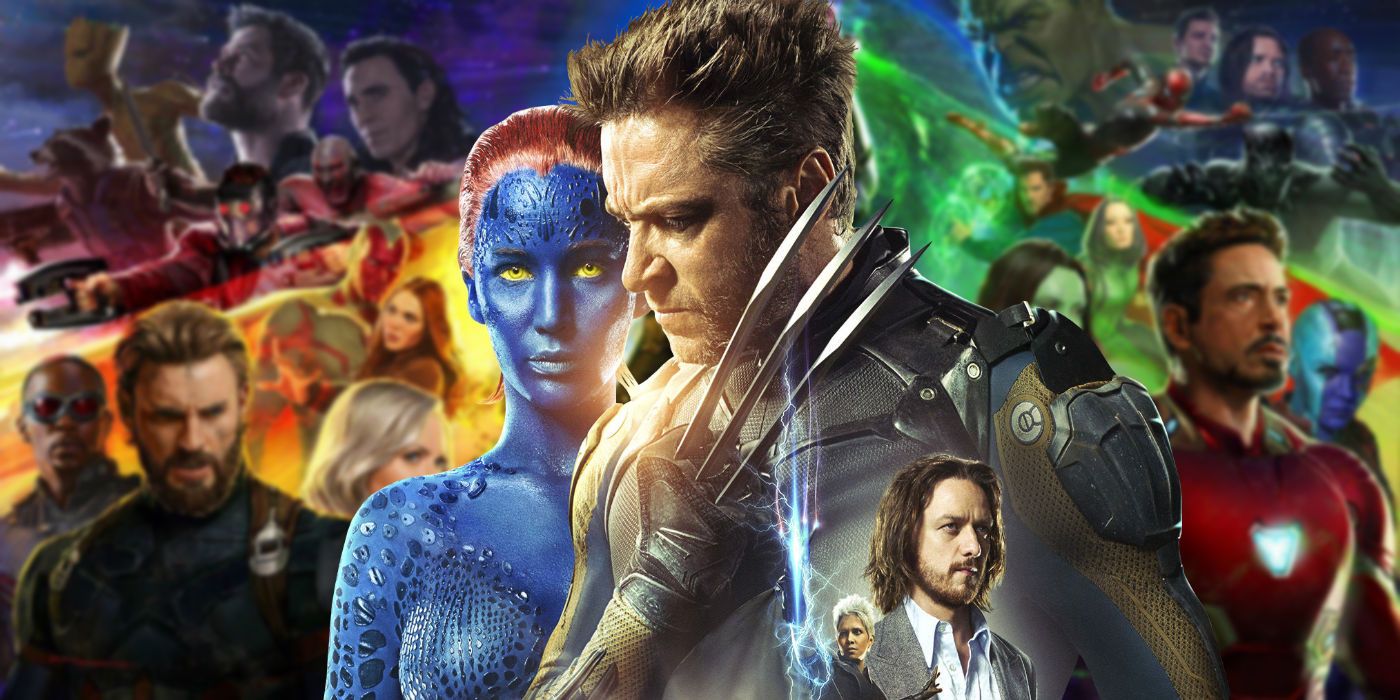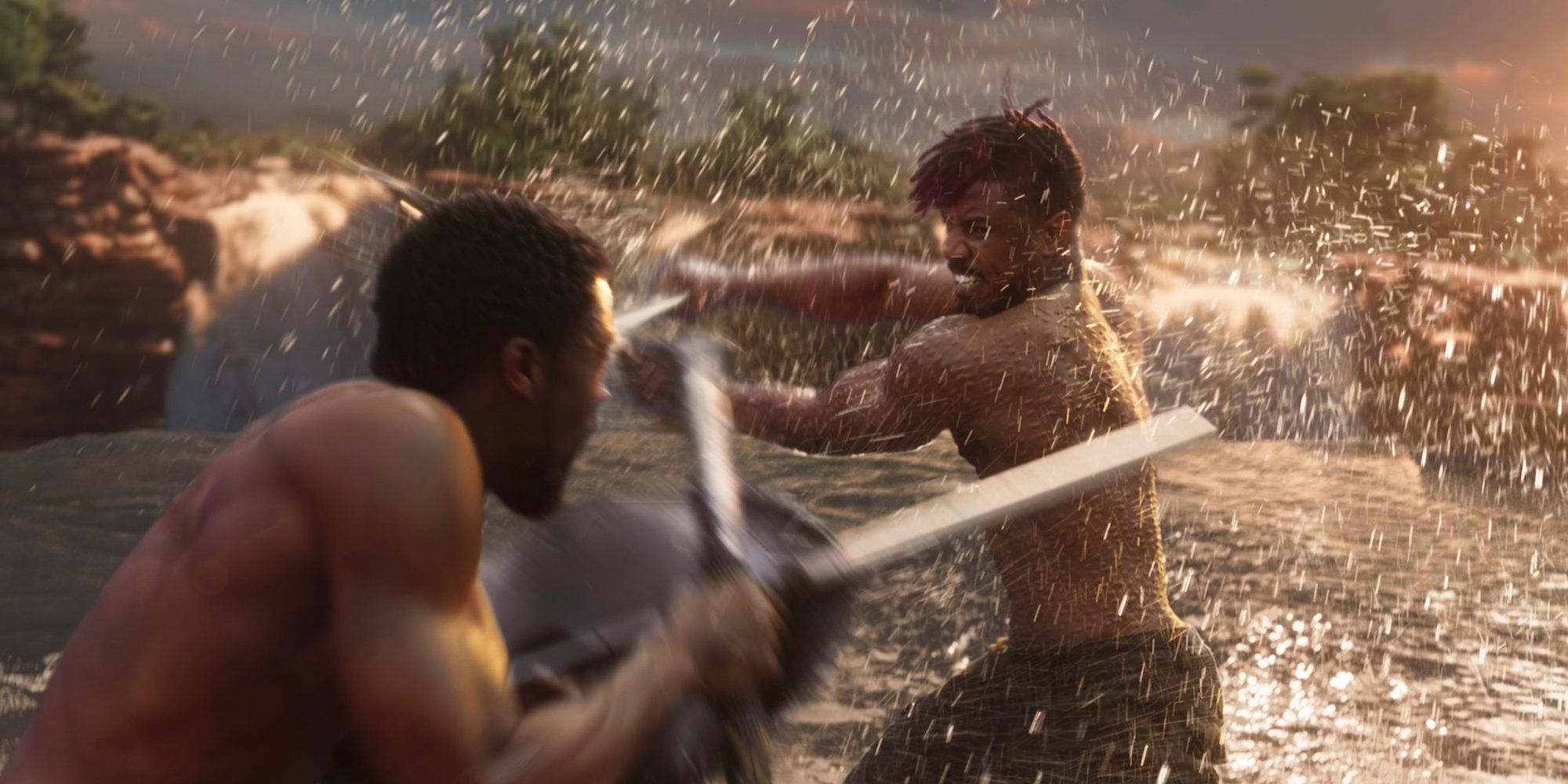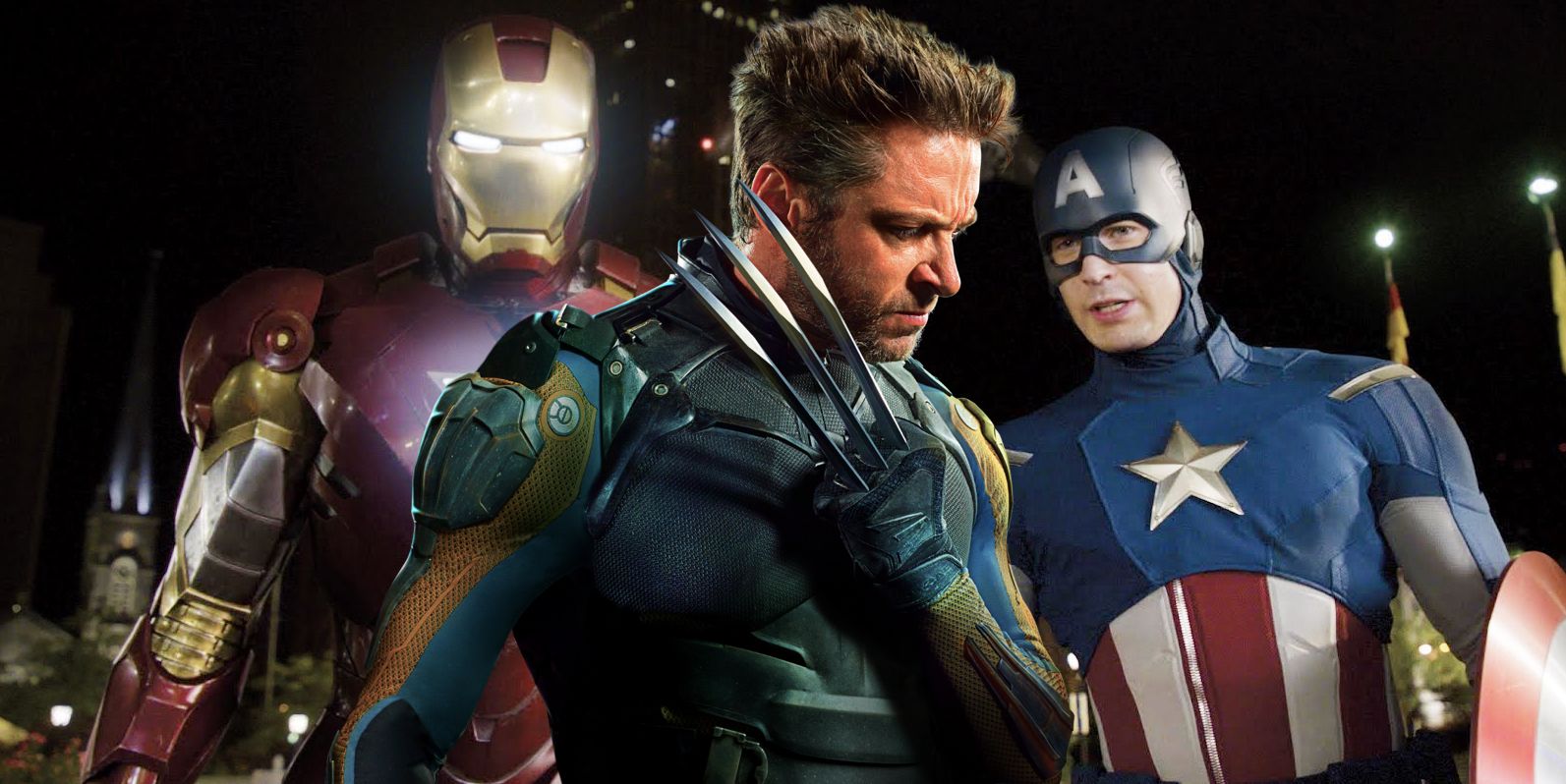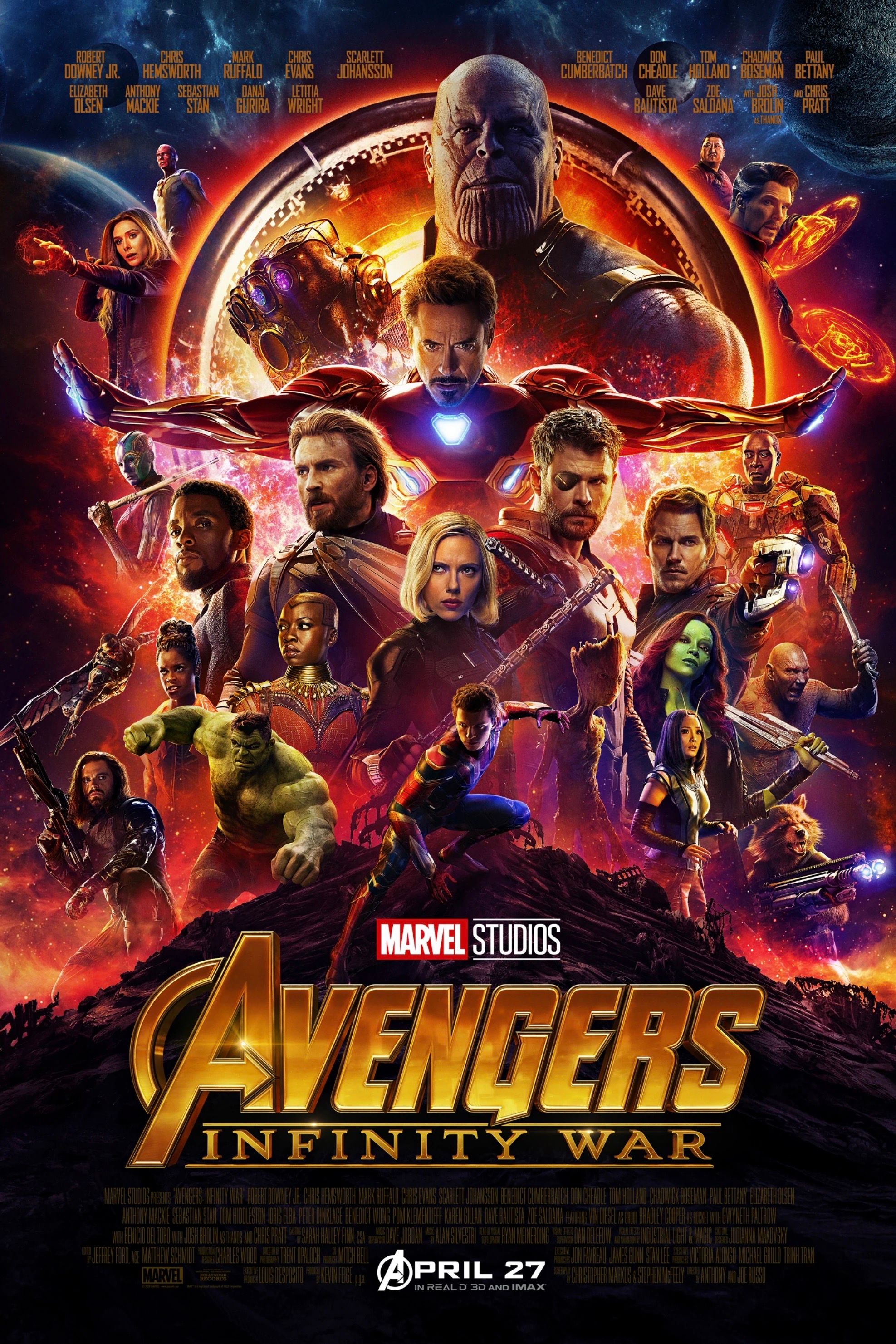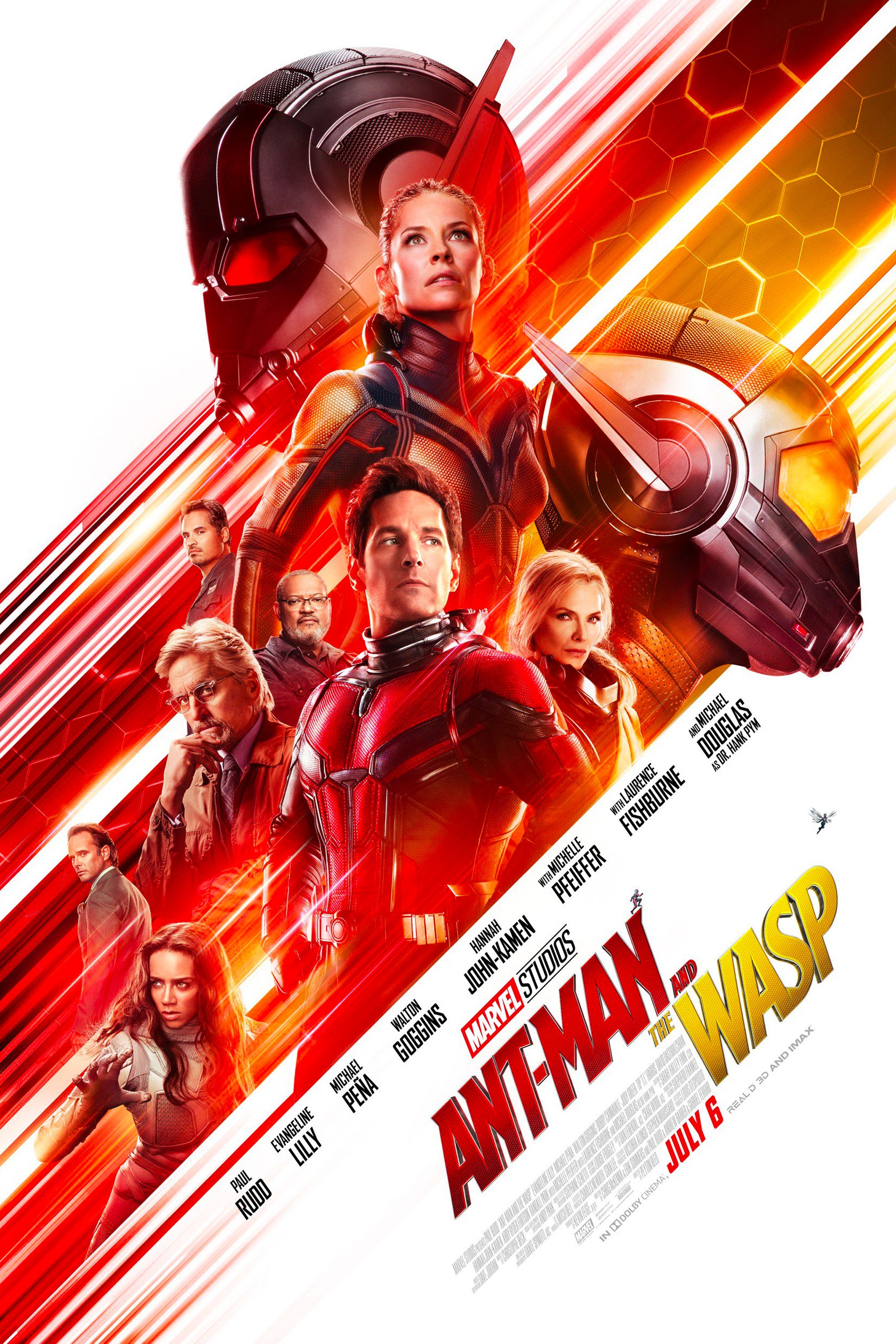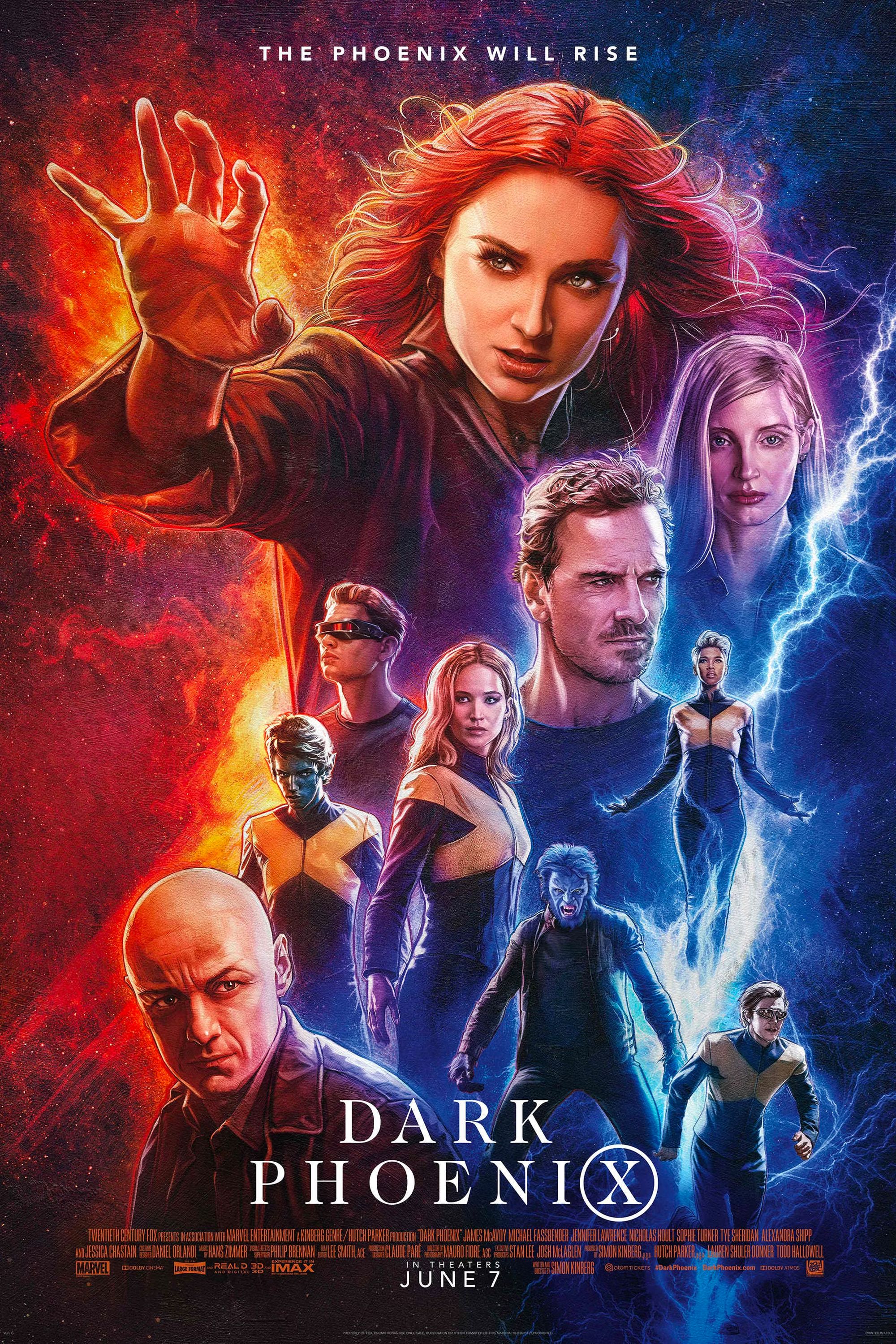The following includes SPOILERS for Black Panther.
Black Panther has already changed the superhero movie game, breaking records left and right, although one of its most concerted influences may be on the X-Men.
There are many reasons why pop-culture academia, serious comics journalism and a good deal of comic book professionals themselves tend to look askance at the infrequent fandom complaints that this or that book has "gotten too political" or that certain characters oughtn't to be used to "force an agenda" but the most prominent tends to be that such naysaying flies in the face of the medium's very history. While at times more explicitly than others, the notion of using superhero comics as a narrative vessel to explore and promote (or denounce) important issues of the day is as old as comics themselves - indeed, even older considering so much of superhero literature descends from the politically-charged "pulp era" of sci-fi and fantasy storytelling.
Related: Black Panther's Ending Explained In Detail
The most famous examples will be familiar to any fan of the genre's storied history: Superman's creators imbued his origin story with elements of their own Jewish background and framed his exploits as an ideal of the American immigrant story; Wonder Woman's creator (as dramatized in the recent biopic Professor Marston & The Wonder Women) imagined her a standard-bearer for his revolutionary views on gender, sexuality and feminism; the original 1960s incarnation of Iron Man was the Marvel Universe's chief anti-communist Avenger; Spider-Man co-creator Steve Ditko created an entire roster of heroes for Charlton Comics (including Blue Beetle and The Question) dedicated to promoting his belief in Objectivist moral-philosophy.
This Page: X-Men's Big Selling Point Is Being Political
X-Men's Big Selling Point Is Being Political
But when it comes to social-justice metaphor, few properties can touch Marvel's X-Men. The idea of heroes whose special-abilities made the very people they were charged with protecting fear or even hate them was baked into the Marvel Universe narrative almost from the beginning, but the Mutant characters were in a class by themselves. Created by Stan Lee and Jack Kirby in the midst of the social upheaval of the 1960s Civil Rights movement, the series' initial good/evil scenario was framed around competing responses to the Mutants themselves as metaphors for other real-world persecuted minorities: Professor Xavier's X-Men use their skills to fight crime in part to demonstrate that Mutants were not simply "safe" but societally-beneficial, while Magneto's "Brotherhood of Evil Mutants" were militants seeking to overthrow human civilization and rule it.
Admittedly, the metaphor was never exactly perfect; nevermind that the common shorthand of Xavier and Magneto as stand-ins for Martin Luther King and Malcom X feels, in 2018, like an offensively grotesque over-simplification of the dichotomy in both men's ideologies (particularly on the Brotherhood's end, since the Black Militant movements of the era tended to focus on community/neighborhood defense and self-sufficiency rather than armed insurrection), the superhero context itself muddied the point somewhat; for all the myriad reasons that racial, religious and sexual/gender-minorities have found themselves marginalized in U.S. history, "fear of superhuman abilities" hasn't been one of them. But the concept proved fertile for later takes on the material to show greater depth, like Chris Claremont's "God Loves, Man Kills" storyline and the live-action X-Men films' more explicit parallels to the LGBTQ rights struggle up to and including casting prominent gay rights activist Ian McKellan as Magneto.
And while it's true that not every X-Men storyline has centered this particular aspect of the characters as the main narrative focus, it does tend to be the main thing that sets them apart from other superhero teams. As such it's been heavily expected among some fans that if and when the characters come "home" to the Marvel Cinematic Universe (following the still in-progress acquisition of 20th Century Fox's film and TV assets by the Disney Corporation) that this would continue to be the case in order to help them stand out from The Avengers or the Guardians of The Galaxy. But Marvel itself may have complicated the usability that particular narrative in an unexpected way - namely, letting newly-minted superstar director Ryan Coogler turn Black Panther into the most politically-charged box-office smash in recent memory.
Black Panther Has Tackled X-Men's Politics (And Done It Better)
Much was made in the lead-up to the Africa-set film's release of how historical and even radical a pop-culture "event" it was simply by virtue of its existence; not simply the first Black-led superhero blockbuster in many years (and the first to feature a majority-Black cast and arrive courtesy of a Black director), but the first big-budget Hollywood feature grounded in the burgeoning afro-futurist aesthetic - with the fictional setting of Wakanda implicitly offering a vision of a Black African culture uninhibited by colonial plunder. But few could've expected that the film's actual narrative would take these themes from subtext to simply text, with a storyline that turned out to be all about what a place like Wakanda would mean for (and, more immediately, "to") Black people in the real world.
Related: Black Panther Is A Spiritual Sequel To Thor: Ragnarok
While Black Panther's original comic book arch-enemy, Klaw (or, rather, "Ulysseys Klaue") at first appears to be the main antagonist, it becomes clear around midpoint that the real threat to T'Challa and indeed all of Wakanda is Michael B. Jordan as Erik Stevens, aka "Killmonger," a CIA-trained wetwork specialist of part-Wakandan descent who shows up on a mission to seize the throne and with a bone to pick with Wakanda itself; he's deeply angry that this technologically-advanced Black Utopia hasn't used its technological and military might to come to the rescue of fellow Africans who were taken to the West as slaves - or their descendants, like him, still living under the yoke of racism, over-policing and White Supremacy today. His plan? Use the nation's weaponry and resources to arm/encourage Black revolutionary uprisings all over the world and establish a global Wakandan Empire.
There is, of course, a more specifically-personal motive guiding Killmonger's schemes; he's actually T'Challa's American-born cousin, the son of a royal-born spy (T'Challa's uncle) killed by the Wakandan King's father and predecessor in part for trying to enact a similar plan back in 1992. He's also more than a little morally-compromised in his own ideology, a self-obsessed brute who beats up (and kills) women without hesitation and boasts of killing people of all races as part of his decades-long plan to achieve his revolutionary aims.
And there's no mistaking that the conflict between Killmonger and T'Challa (who moves, over the course of the film, from isolationism to the benevolent example-setting championed by his ally/love-interest Nakia) in Black Panther eventually comes down to the same argument of whether militant-revolution or outreach will best serve the interests of oppressed peoples that's long been the foundation of the X-Men franchise. But where there the subject is addressed in the detached manner of metaphor and analogy, with endlessly-varied genetically-granted superpowers standing in for the experience of being born into a marginalized class by virtue of belief, background or skin color. Killmonger isn't a "metaphor" for a Black Militant like Magneto was - he's the real thing, no filter.
How Can Marvel Do X-Men In The MCU Now?
All of the above makes Black Panther's record-smashing opening-weekend gross rather persuasive evidence that mainstream audiences either don't require the protective-filter of the Mutant metaphor to watch such issues get hashed-out in a Marvel movie... so where does that leave the X-Men? If what's now the biggest solo Marvel movie ever can explore this still controversial topic in blunt real-world terms (even if the debate itself is settled by a punch-up between two super-strong men in palette-swapped, vibranium-laced cat costumes), might not the more detached, metaphor-filtered version no longer feel especially strong or deep... and, if so, what do you do about it - assuming, as many do, that the conceit of heroism complicated by marginalization is essential to the X-Men's appeal?
Related: Black Panther May Reveal The Final Infinity Stone
At least one possibility might be to lean harder into the concept's similarities to adjacent but still distinct prejudices, such as those against the LGBTQ community. As noted, the franchise had already largely shifted in that direction from the get-go at Fox, and Marvel Studios' ongoing attempts to put a more diverse face on its productions has been hampered repeatedly by reports that scenes establishing the same-sex romantic proclivities of Thor Ragnarok's Valkyrie and one of the Dora Milaje in Black Panther had been cut from their respective films. Approaching the subject through the X-Men's decidedly unsubtle approach to metaphor might at least be viewed as a step in the right direction in that regard.
-
One way or another, X-Men was going to have to become a different thing when it makes it's way to the MCU, and for a franchise that defines itself more than most others by its adeptness at meaningful real-world parallel that can be a more frequent and difficult shift than for most others. And what ultimately happens in this case is very much yet to be determined.
Next: How Long Until X-Men Join the Avengers?

